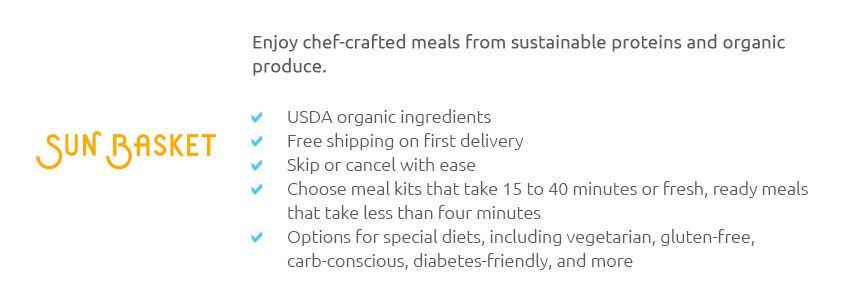 |
 |
 |
|---|
 |
|---|
 |
||||||
|---|---|---|---|---|---|---|
|
||||||
 |
 |
|||||
 |
 |
|||||
 |
 |
|||||
 |
 |
|||||
 |
 |
|||||
 |
 |
|---|
|
o2rqfyp3ch6 The Rise of Fresh Prepared Meal Delivery: A Comprehensive OverviewIn recent years, the convenience of fresh prepared meal delivery services has revolutionized the way we approach our daily nutrition, offering an alternative that strikes a balance between the ease of fast food and the wholesomeness of home-cooked meals. This burgeoning sector of the food industry provides meals that are not only nutritious but also cater to a wide array of dietary preferences and restrictions, including vegan, gluten-free, and low-carb options, thus ensuring that there is something for everyone. The allure of these services lies in their ability to deliver a restaurant-quality dining experience right to one's doorstep. Consumers are increasingly drawn to the idea of having professionally crafted meals that require minimal effort to prepare, usually just a simple reheating process, which fits seamlessly into our fast-paced lifestyles. With the hectic schedules many of us maintain, the promise of saving time on meal planning, grocery shopping, and cooking is incredibly appealing. Moreover, these services also play a crucial role in promoting mindful eating habits. By providing portion-controlled meals that are meticulously crafted by chefs and nutritionists, they assist individuals in maintaining a balanced diet without the stress of counting calories or measuring ingredients. This aspect is particularly beneficial for those who are health-conscious but struggle to find the time to cook nutritious meals from scratch. From a sustainability perspective, many fresh prepared meal delivery companies are making concerted efforts to reduce their environmental impact by utilizing eco-friendly packaging and sourcing ingredients from local and organic farms. This not only supports local agriculture but also minimizes the carbon footprint associated with transporting food over long distances, making it an attractive option for the environmentally conscious consumer.
Despite these advantages, it is important to consider potential drawbacks. The cost of these services can be significantly higher than purchasing groceries and cooking at home, which may not be feasible for everyone. Additionally, while the variety of meals offered is vast, there might still be limitations in the long run for those who enjoy the creative process of cooking and the flexibility of spontaneous meal choices. In conclusion, fresh prepared meal delivery services present a compelling solution for those seeking convenience without compromising on nutrition and taste. As this industry continues to evolve, it is likely that we will see further innovations and adaptations to meet the ever-changing demands of consumers. Whether one chooses to embrace this modern approach to dining or prefers the traditional method of home cooking, the key lies in making informed decisions that align with one's lifestyle, budget, and values. https://www.everytable.com/?srsltid=AfmBOooY0GuyPV4aLxso1TNcmS5jkGIpw5gCgSwPK0HM8Rdu0ZyxS3L7
Average 4.5 rating across 3,000 reviews. - We embrace the cultural shift towards real, authentic food and meaningful connections, moving away from fast, ... https://eatcleanbro.com/?srsltid=AfmBOoou55XcI1yuoXYE6EQmCfrKhJnV736zFrNYmOqCR8ZqY_9uQDRx
Eat Clean Bro - Fresh, Ready-Made Meals Delivered to Your Door - Eat Clean Bro provides dietitian-approved, chef-crafted meals made with real ingredients, ... https://www.bonappetit.com/story/cookunity-meal-delivery-honest-review?srsltid=AfmBOooVHKu3ox4wmwG4MGZ2WPFqBHqkgD1qkKT-nX5Cska_Jfx-Hw0E
CookUnity Is the Best Prepared Meal Delivery Service, Period ; The best meal kit for people who love to cook, Shop Marley Spoon ($21$26/serving).
|
|---|


